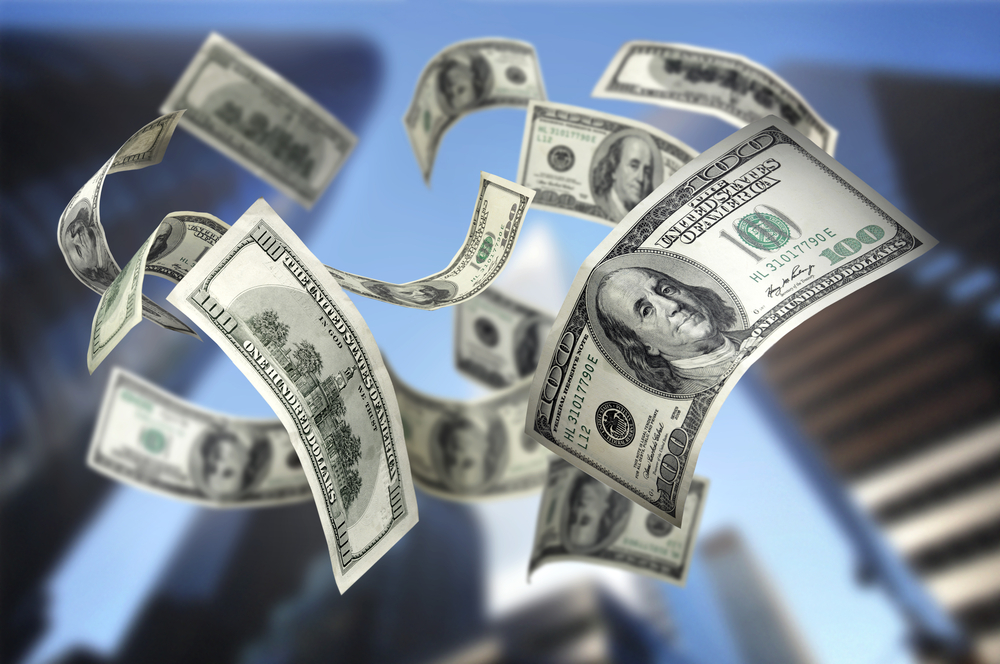How much longer must we pay heed to lip service of central bankers, who continuous whine and plead their case but seem unable to pull the trigger on a policy directive? Just over a week ago some Fed Governors came out and sent obligatory warnings to markets saying ‘rate hikes may come sooner than you think, so take heed’. Just days later, a couple of other Fed Governors turned that around 180 degrees and said ‘not so fast on a rate hike, let’s watch the data’. This recent comment has been bounced around more often than a basketball over the last year or so, and has caused market turbulence.
If there is one thing markets hate it is uncertainty, and currently the opinion of Fed policy is showing a lack of commitment. Yet, the markets hang in the balance on every word and comment when the calendar comes close. Since 2009 the markets have been bowing at the altar to the Fed, and other central bankers have joined in the fray. More recently the back n’ forth action has jerked markets around and created some volatility – we saw that on September 9 when markets fell that Friday by 2% or more, wiping out two months’ worth of gains in just one day.
To some extent each meeting of central bankers is carefully scrutinized as is every comment or speech. Remember how much attention was given to Chair Yellen’s speech in Jackson Hole last month, only to be met with yawns. Markets rose modestly just following that conference. Back in May we had several Fed Governors come out and declare a rate hike was likely coming in June, but then back-tracked when the jobs report for May came in quite weak. So much for that! Markets soared right up until Brexit.
But do central bankers have the advantage other than setting policy? Certainly that matters, but the economic data isn’t any different for them as it is for you and me, so why can’t we just interpret the facts rather than trying to decode opinions? Further, while the committee is certainly aggravated about being at/near the zero bound for so long, they realize the fiscal element is the missing piece of the puzzle.
They won’t just raise rates for show, which happened last December – look what happened then, a market drop at the beginning of the year and 1% GDP growth in the first half. Former Chair Ben Bernanke once said ‘monetary policy is not a panacea’, meaning it cannot cure all ills and ignite growth but it could certain stop a raging fire with a giant hose. Fiscal spending could re-charge the economy and increase growth substantially, but that is a political issue altogether.
While the Fed contains some of the most brilliant minds on the economy, the complexity of Fed policy requires a delicate touch and fine tuning rather than a blunt action. Words are just words while action is far more important. While some believe the Fed could surprise this week, I disagree as inflation is not near their target, and they may tolerate higher than expected (more than 2%) before easing off the gas pedal and normalizing rates again.




